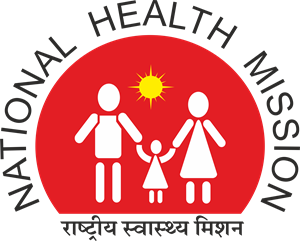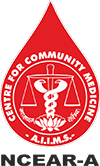- July 19, 2022
- Posted by: admin
- Categories:
NJ Collaborative Agreement: What You Need to Know
Collaborative agreement is a legal agreement between two or more parties who want to work together towards a common goal. In New Jersey, collaborative agreements are commonly used in the field of healthcare, where healthcare providers work together to provide comprehensive care to patients.
A collaborative agreement in New Jersey (NJ) can help healthcare providers such as physicians, dentists, and other licensed healthcare professionals to expand their scope of practice, collaborate with other healthcare providers, and provide better patient care. To understand more about NJ collaborative agreements, let`s dive into the details.
What is NJ Collaborative Agreement?
An NJ collaborative agreement is a legally binding agreement between two or more healthcare providers, where they work together to provide comprehensive care to their patients. The agreement outlines the terms and conditions of the partnership, including the scope of practice, responsibilities of each party, and the duration of the agreement.
The healthcare providers who enter into the agreement must be licensed in their respective areas of practice and must have completed the required training and education to work collaboratively.
Who Can Enter into a Collaborative Agreement in NJ?
In New Jersey, licensed healthcare professionals, including physicians, dentists, podiatrists, physician assistants, advanced practice nurses, and other healthcare providers, can enter into a collaborative agreement.
What are the Benefits of NJ Collaborative Agreement?
NJ collaborative agreement offers several benefits to healthcare providers, including:
1. Expanded scope of practice: Healthcare providers can offer a wider range of services to their patients by collaborating with other providers.
2. Improved patient care: Healthcare providers can work together to provide more comprehensive care to their patients, resulting in better health outcomes.
3. Enhanced professional development: Collaborative agreements offer healthcare providers an opportunity to learn from their colleagues and develop new skills.
4. Increased revenue: By expanding their scope of practice and offering more services, healthcare providers can increase their revenue.
How to Enter into an NJ Collaborative Agreement?
To enter into an NJ collaborative agreement, healthcare providers must complete the required training and education in collaborative practice. They must also identify a collaborating physician who will oversee their practice and act as a consultant.
Once the healthcare providers have completed their training and identified a collaborating physician, they can enter into a written agreement that outlines the terms and conditions of the partnership. The agreement must be signed by all parties and filed with the New Jersey Board of Medical Examiners.
In conclusion, NJ collaborative agreement is an excellent way for healthcare providers to expand their scope of practice, provide better patient care, learn new skills, and increase revenue. By entering into a collaborative agreement, healthcare professionals can work together towards a common goal and offer comprehensive care to their patients.



